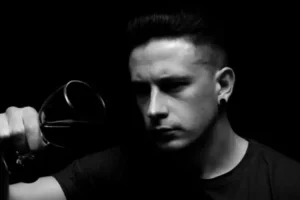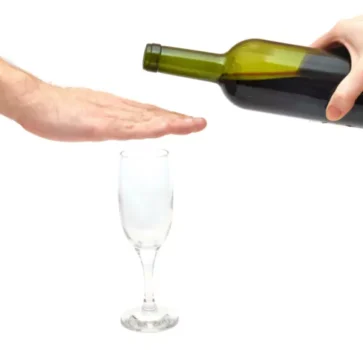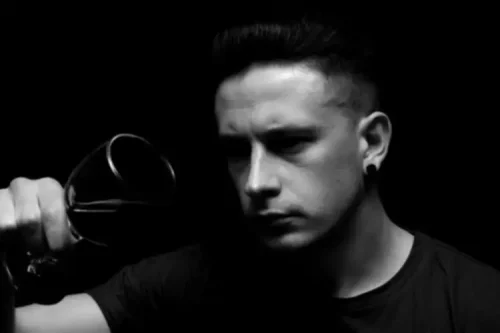
For some, withdrawal symptoms can last longer, particularly if they use ecstasy heavily or combine it with other substances. Seeking professional support can help individuals manage lingering effects and prevent relapse. However, some people who are highly motivated to abstain have found antabuse an effective aid to abstinence. Others who have requested that their spouse administer the antabuse each morning have also found it effective. At least one HAMS member has found a way to use antabuse as an aid to harm reduction. When she decides that she wishes to have a drinking day she stops taking the antabuse four days in advance of the drinking day.


Over time, repeated use of ecstasy trains the brain to rely on the drug for happiness and pleasure, making it harder for the brain to produce these feelings naturally. Ecstasy withdrawal symptoms are tied to how the drug impacts brain chemistry. When someone takes MDMA, it causes a flood of serotonin, dopamine, and norepinephrine.
The medications used for alcohol withdrawal are benzodiazepines, barbiturates, and beta-blockers. Benzodiazepines like diazepam and lorazepam are used to enhance GABA activity to reduce anxiety, tremors, and seizures. Alcohol withdrawal is caused by the sudden cessation or reduction of alcohol intake in individuals with alcohol dependence, leading to neurochemical imbalances in the brain. Alcohol withdrawal syndrome is a set of symptoms that occur when someone who is physically dependent upon alcohol suddenly stops drinking or drastically reduces their alcohol intake. Creating a structured plan including more resources and increased self-care builds a strong foundation for recovery.
If you’re considering tapering off alcohol, consult a healthcare provider or addiction specialist. They can help you develop a tapering schedule that is safe and effective for you. People with alcohol use disorder should be monitored by a medical professional when withdrawing from alcohol.
BetterHelp offers affordable mental health care via phone, video, or live-chat. If you’re struggling to wean off drug addiction alcohol, it might be best to seek addiction treatment. Various treatment programs are available to help you recover from addiction.

This means that a sparkling wine will give you a higher BAC than a non-sparkling wine with the same alcohol content even if you drink them both at the same rate. If you find that champagne makes you drunk, now you know the reason why. If you are suffering from severe Alcohol Dependence and nothing else seems to help, a Marijuana Maintenance program just Cure for Alcohol Withdrawal Symptoms may be a life saver for you. Feel free to think up some more of your own and make a list of them to use the next time that you need them. You might want to rehearse your drink refusals in front of a mirror if you aren’t used to doing this.


Alcohol withdrawal is a very common condition because it affects individuals with alcohol use disorder (AUD) when alcohol consumption is abruptly reduced or stopped. The risk of withdrawal symptoms depends on the duration and quantity of alcohol consumption, with heavier and prolonged use increasing the likelihood of experiencing withdrawal. In general, the course of alcohol withdrawal is highly variable and somewhat unpredictable.